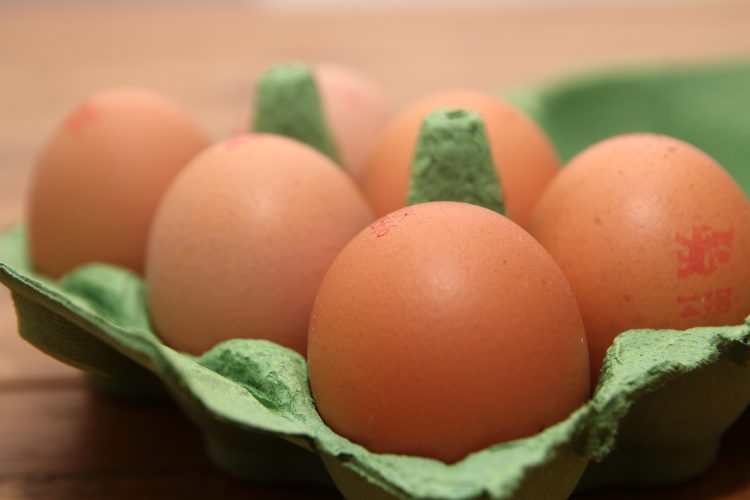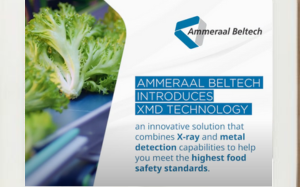British Lion enhances its Code of Practise for eggs
- Like
- Digg
- Del
- Tumblr
- VKontakte
- Buffer
- Love This
- Odnoklassniki
- Meneame
- Blogger
- Amazon
- Yahoo Mail
- Gmail
- AOL
- Newsvine
- HackerNews
- Evernote
- MySpace
- Mail.ru
- Viadeo
- Line
- Comments
- Yummly
- SMS
- Viber
- Telegram
- Subscribe
- Skype
- Facebook Messenger
- Kakao
- LiveJournal
- Yammer
- Edgar
- Fintel
- Mix
- Instapaper
- Copy Link
Posted: 7 June 2023 | Grace Galler | No comments yet
British Lion has launched version eight of its Code Of Practise, incorporating the latest scientific and veterinary advice so that eggs can be produced to the “highest standard” of food safety.


On its 25th anniversary, British Lion has launched an enhanced Code of Practice. This is version eight of the Lion Code and incorporates the latest scientific and veterinary advice, as well as industry knowledge, created to ensure British Lion eggs continue to be produced to the highest standards of food safety.
The British Lion Code of Practice is independently audited and claims to be the “most comprehensive egg safety standard in the world and the UK’s most successful food safety scheme”. It has also been defined as the catalyst for the Food Standards Agency (FSA) to change its advice to allow vulnerable groups to “enjoy runny eggs after an absence of almost 30 years”.
Version eight of the Code covers more than 700 auditable points from Salmonella vaccination to complete traceability of hens, eggs and feed, includes enhanced sampling and testing, auditing and enforcement. In addition it includes updates to rodent control, on-farm and packing centre protocols and the Lion training passport.
Although British Lion has said that it is “primarily a food safety Code”, animal welfare standards have also been considered in the update.
The Code is published online, a decision that British Lion says allows for future amendments to be made and means that it can be distributed electronically.
Providing his stance on the enhanced Code, Mark Williams, British Egg Industry Council Chief Executive, said: “The introduction of the Lion Code in 1998 effectively eliminated Salmonella and restored consumer confidence in British eggs.
“I’m proud to say Version eight is the most comprehensive Code ever launched, incorporating all of the latest scientific and veterinary advice to ensure the British public gets the quality, safe eggs they expect and can enjoy eating them with confidence however they like them cooked.
Acknowledging that imported eggs are currently being sold in the UK by retail and wholesale companies due to temporary supply issues, Williams explained “it’s important that consumers know that British eggs, produced to unparalleled food safety standards, are available”.
Sterling Crew, President of the Institute of Food Science and Technology, Chair of the Food Authenticity Network and New Food Advisory Board Member, said: “The continued and strengthened presence of the Lion Code for eggs is music to the ears of anyone involved in food safety.
“The British Lion mark gives businesses and enforcement officers certainty that the eggs are safe, even if lightly cooked or raw. It is also a mark of quality, authenticity, provenance, biosecurity and animal welfare standards.
“The easiest way to demonstrate due diligence is by looking for the Lion stamp on shell and pack because it is one of the most comprehensive food safety schemes in the world and is proven to work,” concluded Crew.
Related topics
Food Safety, Quality analysis & quality control (QA/QC), Regulation & Legislation, Research & development, retail, Trade & Economy
Related organisations
British Lion, Food Authenticity Network, Food Standards Agency (FSA), Institute of Food Science and Technology









